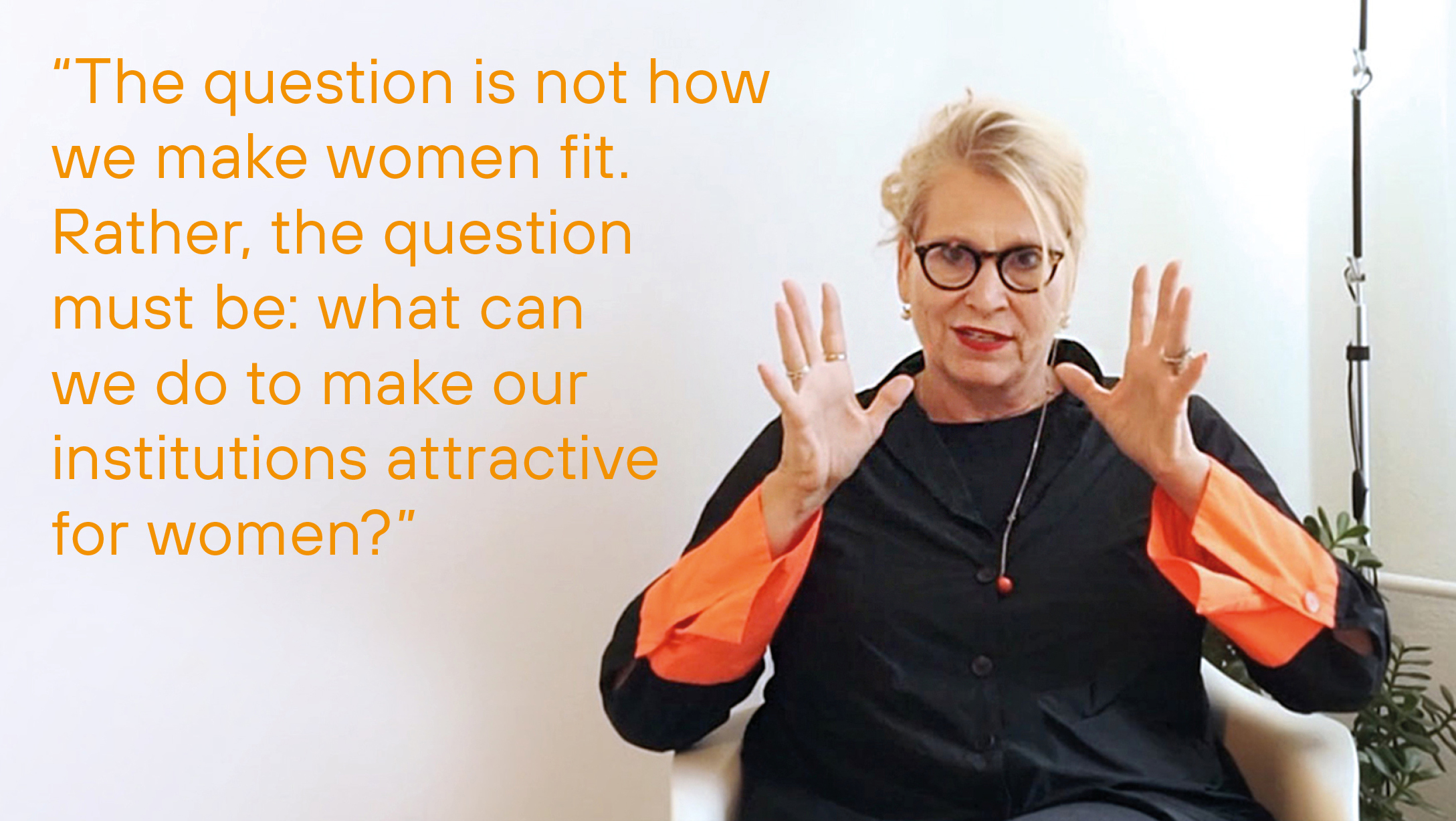Where work is a passion and job is a vocation, there is often a contrary phenomenon: deadlocked group crises. Because flat hierarchies, working at eye level and flexible roles can not only empower and motivate, but also block a team or even make it unable to act.
How can that be, even though there is a common agenda, namely bringing good things into the world, such as supporting people in war or crisis zones, humanitarian aid or protecting the environment?
Where there is a lack of clear structures, where no hierarchies, processes or roles allow for decisions, everyone is asked at any time and on any topic. The team ends up in communication overkill. Questions of strategic direction and the distribution of resources are discussed extensively, even if a decision has finally been made, it can be in question again tomorrow. This burdens everyone involved in terms of time, causes uncertainty when it comes to action due to a lack of reliability and creates a constant climate for discussion. Without a shared understanding of roles, dissatisfaction is directed at the person as such and conflicts are thus personalised.
Flat hierarchies in particular only work with strong structures and good leadership impulses. Because flat hierarchies are also hierarchies. The assumption that the absence of structures would allow fair participation and high-quality results is incorrect. On the contrary: Without a binding framework that those involved can refer to, the field is left to informal, non-transparent power dynamics.
It is helpful to create (moderated) experimental spaces in which teams can try things out without judgment, informal dynamics are addressed and leadership from the middle is possible. The earlier organizations open such spaces for decision-making, the easier it is to find a way out of conflicting situations.







